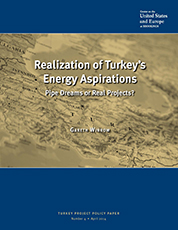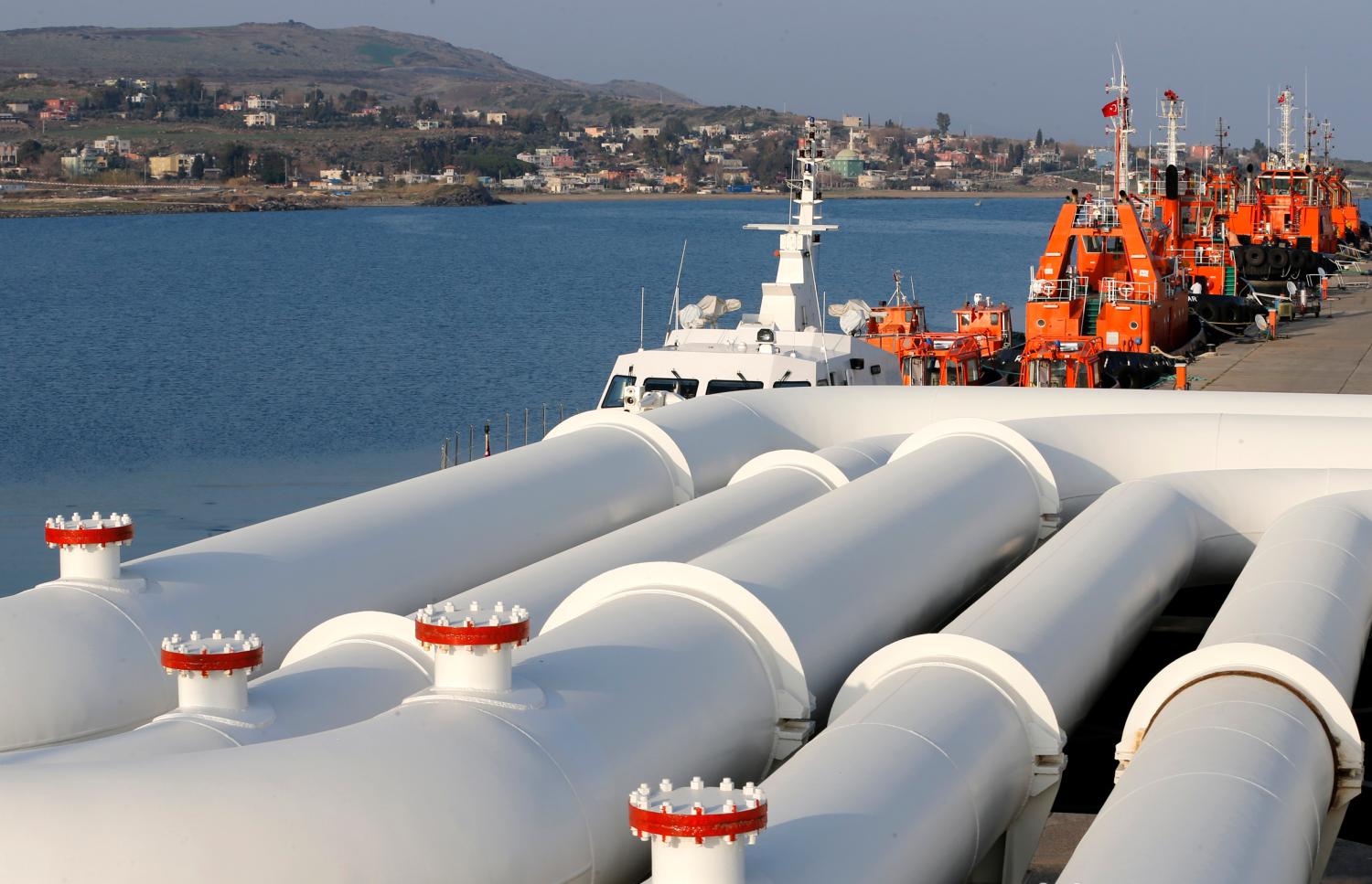Geopolitics in Turkey’s neighborhood are rapidly changing. But for Turkey, these changes much be viewed through the lens of their growing need for energy. Gareth Winrow examines the goals and aims of Turkey’s energy policy and the prospects for Turkey becoming a gas-transit state and gas-trading hub.
 The aims of Turkey’s energy policy, he writes, are threefold. The priority is to satisfy the energy demand of a growing economy. Turkish officials also seek to make Turkey an important energy transit state and a significant energy hub. Energy policy is closely interlinked with domestic politics and foreign policy concerns. Endowed with little oil or gas, Turkey must remain on good terms with its energy-rich neighbors, while mounting energy imports have contributed to a high current account deficit. The Turkish Ministry of Foreign Affairs (MFA) is involved in decision-making in important energy projects together with the Turkish Ministry of Energy and Natural Resources (MENR). Energy policy and foreign policy interests occasionally clash and when crucial energy supply needs are at stake, the MFA has little room to maneuver.
The aims of Turkey’s energy policy, he writes, are threefold. The priority is to satisfy the energy demand of a growing economy. Turkish officials also seek to make Turkey an important energy transit state and a significant energy hub. Energy policy is closely interlinked with domestic politics and foreign policy concerns. Endowed with little oil or gas, Turkey must remain on good terms with its energy-rich neighbors, while mounting energy imports have contributed to a high current account deficit. The Turkish Ministry of Foreign Affairs (MFA) is involved in decision-making in important energy projects together with the Turkish Ministry of Energy and Natural Resources (MENR). Energy policy and foreign policy interests occasionally clash and when crucial energy supply needs are at stake, the MFA has little room to maneuver.
Key Takeaways:
- Turkey’s energy needs are rapidly growing and are expected to do so for some time.
- Gas from Russia makes up over half of Turkey’s gas imports.
- Turkey has an opportunity to promote itself as a key state through which to transit gas from the Caspian and Middle East to Europe.
- Turkey’s internal political turmoil is calling into question its status as a reliable gas transit state.



